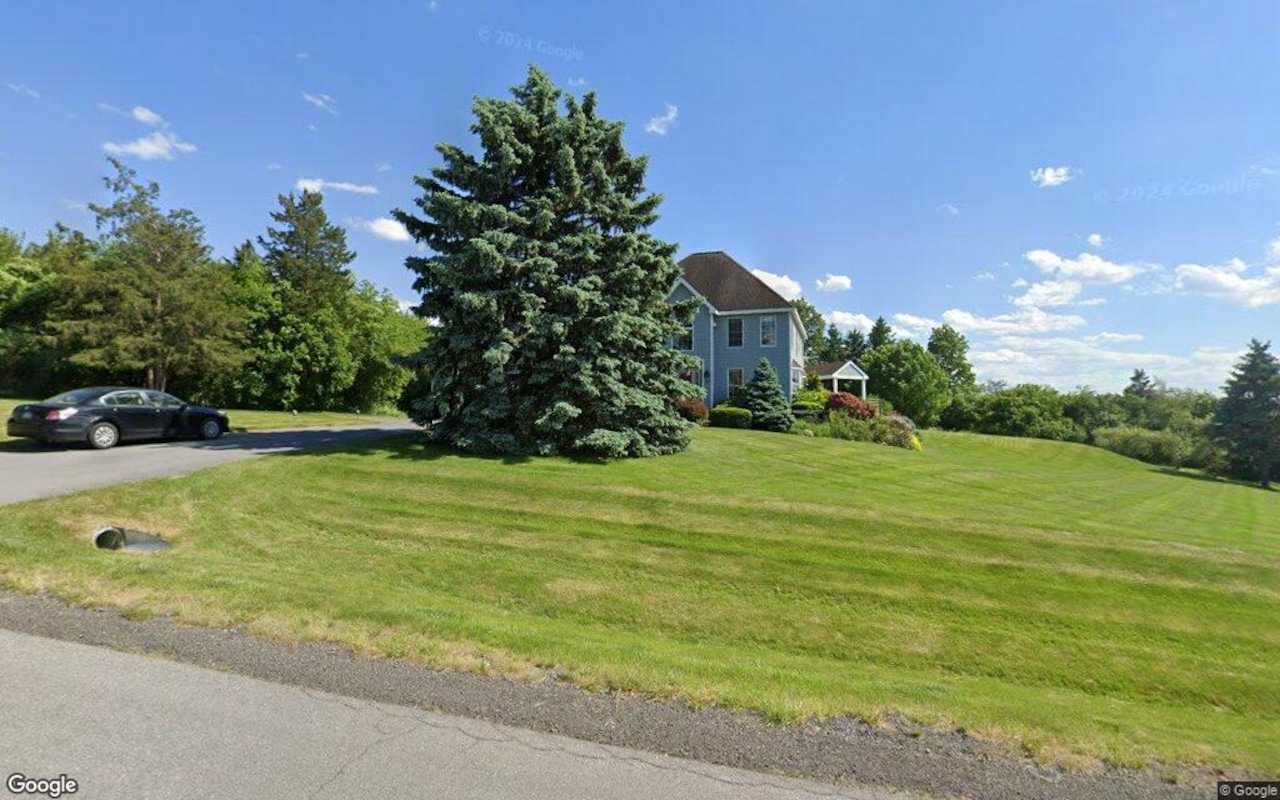S
audi Arabia is set to open its real estate market to foreigners from January 2026 under a sweeping new law that aligns with Vision 2030. The Real Estate General Authority (REGA) says the reform will attract foreign direct investment, raise urban quality, and create jobs.
**Why the change matters**
The government aims to diversify beyond oil by inviting global capital into mega‑projects such as NEOM, Qiddiya, and the Red Sea initiative. The law is described as an “economic growth engine” that will secure a major influx of foreign investment, improve architectural standards, and expand employment opportunities.
**What foreigners can buy**
The new law covers several categories:
| Category | Details |
|----------|---------|
| **Traditional property** | Individuals may purchase homes, residential land, and farms in approved zones. |
| **Mega‑project access** | Direct investment in large developments like NEOM, Qiddiya, and the Red Sea projects is encouraged. |
| **Special economic zones** | Opportunities exist in designated zones and specific commercial land. |
| **Digital fractional ownership** | Investors can buy tokenized stakes in real estate, allowing remote participation without visiting Saudi Arabia. |
**Key dates and authorities**
- **Law approved**: Royal Decree No. M/14, July 2025.
- **Effective date**: January 2026.
- **Cabinet approval**: Saudi Cabinet.
- **Rule‑making and tax collection**: REGA and Zakat, Tax and Customs Authority (ZATCA).
**Tax regime**
| Tax | Rate | Notes |
|-----|------|-------|
| **Annual property tax** | 0 % | No recurring tax on owned real estate. |
| **Real Estate Transaction Tax (RETT)** | 5 % | One‑time tax on sale price, replacing the former 15 % VAT on residential sales. |
| **Capital gains tax** | 0 % | Individuals exempt from gains tax. |
| **Rental income tax** | 0 % for individuals; 20 % corporate tax for companies. |
**Compliance and documentation**
All transactions must be registered with the Real Estate Registry. Required documents include:
- Valid residency permit (Iqama) for residents.
- Proof of source of funds or financial standing.
- RETT payment certificate from ZATCA.
False declarations can trigger fines up to SAR 10 million and public auction of the property.
**Restrictions**
Foreign ownership is limited to national interests and religious considerations. In approved economic and residential zones, foreign ownership caps range from 70 % to 90 % of a development. Ownership or usufruct rights in Makkah and Madinah remain highly restricted, generally reserved for Muslims and designated Saudi companies in specific zones.















